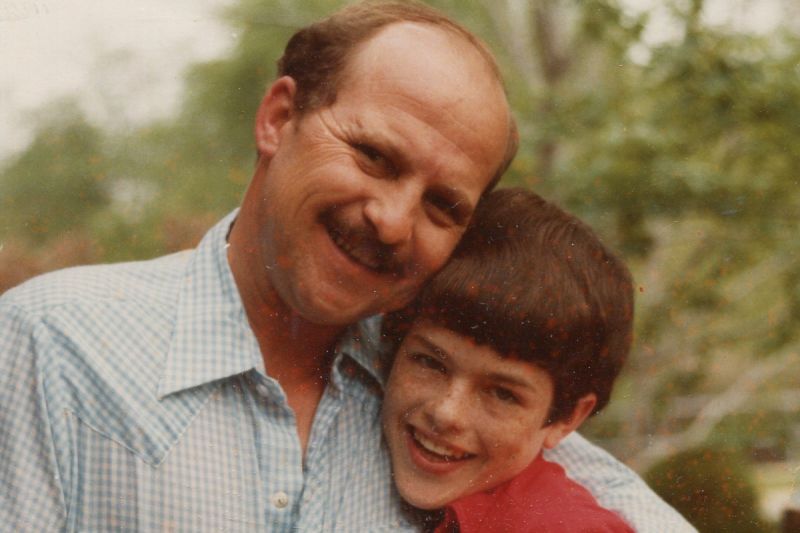Coping with Infertility: 5 Steps to Acceptance
Infertility and the Grief and Loss Process

If you have been dreaming of parenthood, coping with infertility can complicate your journey. But through the stages of grief and acceptance, many couples find the strength to move forward and forge a new path.
Dealing with infertility can bring many complex emotions, and the path forward is not linear. But you may find some solace knowing that the feelings that come with the five stages of grief and loss are common among many couples who experience infertility.
Here we will share the stages of grief that many experience before coming to acceptance.
If you feel ready, our professional adoption staff can also share family-building methods that you can explore as you cope with infertility if you click here or call 1-800-ADOPTION.
You can also explore surrogacy through American Surrogacy.
If you are a prospective birth mother, you can get help from an adoption professional 24/7 if you click here or call 1-800-ADOPTION.
Your Infertility Journey is Unique to You
Individuals deal with the stages of infertility grief and loss in different ways.
Some will experience all five stages, while others will experience only a couple of them. Also, the stages of grief and loss can be experienced in any order, and even when an individual reaches the acceptance stage, he or she can always revert back to other stages of denial, anger or sadness. Again, this is completely normal.
The most important thing is that you acknowledge these feelings and learn how to cope with infertility before attempting to start the adoption process (or any other family-building method).
While no one can tell you exactly how to overcome infertility, you don’t have to face this process alone; there are many resources for infertility support you can turn to.
When you can look to adoption with true excitement and realize that you are not “settling” for this option, you will know that your infertility coping process is truly complete. When that happens, or if you feel like you may be reaching that stage, you may be ready to talk to an adoption agency.
***
Deciding to Adopt After Infertility
While American Adoptions can help educate couples about adoption and reduce some of their uncertainty about the adoption process, couples must reach the acceptance stage before pursuing adoption.
If you are still struggling with infertility and working to overcome it, it is not fair to a child to begin the adoption process. Consult a local infertility or grief and loss specialist about surviving infertility to help you work through these complicated feelings and get excited about growing your family through adoption.
An adoption specialist can answer any questions you have about moving from infertility to adoption and can even recommend counselors in your area. Contact an adoption specialist today at 1-800-ADOPTION or get free adoption information online.
Disclaimer
Information available through these links is the sole property of the companies and organizations listed therein. American Adoptions provides this information as a courtesy and is in no way responsible for its content or accuracy.

